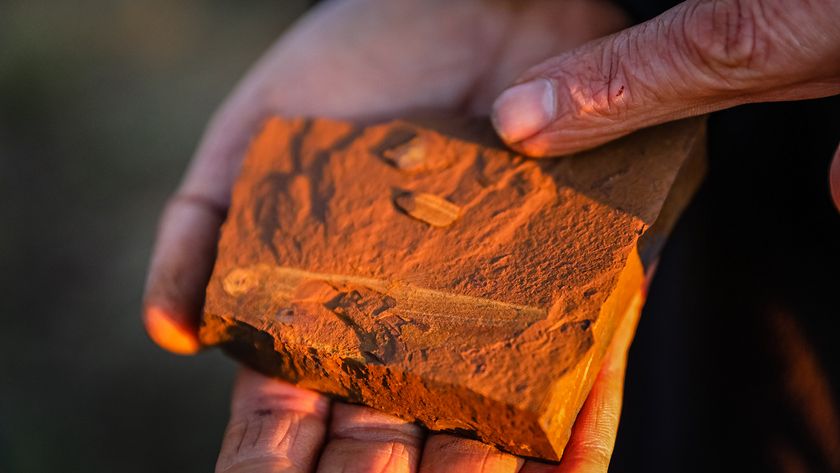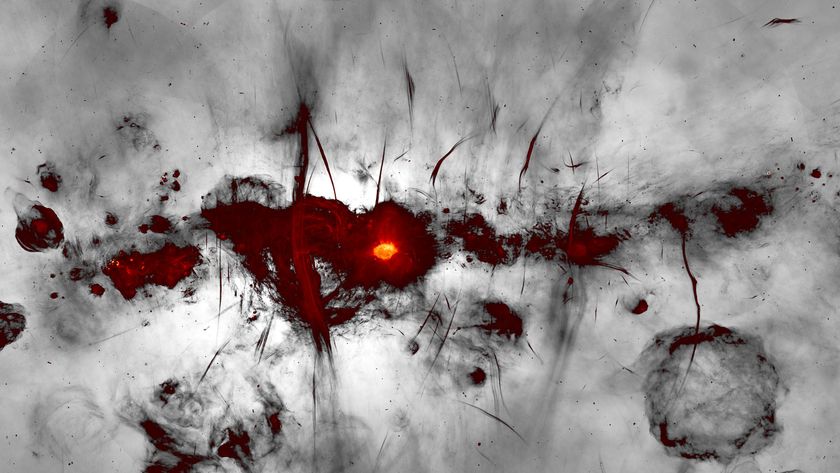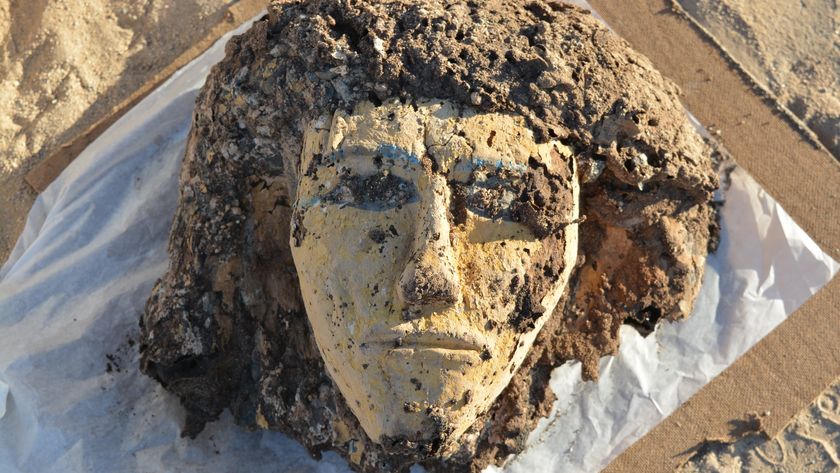
Before snuggling up to a warm fire with a hot cup of cocoa this winter, you may want to take a second look at the cup holding the chocolate. The warm beverage may taste more flavorful in an orange cup or cream-colored cup, a new study suggests.
The results add to past work showing how factors that have nothing to do with food preparation can affect the taste of food.
"The color of the container where food and drink are served can enhance some attributes like taste and aroma," said study co-author Betina Piqueras-Fiszman, a researcher at the Universitat Politècnica de València in Spain and the University of Oxford in the United Kingdom, in a statement.
In general, how people perceive taste is influenced by many factors unrelated to the actual food. Past studies have shown that the color of the plate, the price on a bottle of wine, and the verbal description of food can affect people's enjoyment of dishes and drinks alike.
To see how hot chocolate enjoyment was affected by cup color, Piqueras-Fiszman and her colleagues asked 57 participants to rate samples of the same delicious beverage in four colors of plastic cup: white, cream, orange and red. (All cups were white on the inside.)
The participants said the drink was more flavorful when served in a cream- or orange-colored cup. Interestingly, participants rated the orange- and cream-colored cups of cocoa tastier despite the fact that participants didn't say there were any significant differences in sweetness or aroma between the colored cups.
The new results may help restaurant owners and Martha Stewart types serve cocoa in a cup that maximizes the enjoyment of the hot drink.
Sign up for the Live Science daily newsletter now
Get the world’s most fascinating discoveries delivered straight to your inbox.
The findings were published in the October issue of the Journal of Sensory Studies.
Follow LiveScience on Twitter @livescience. We're also on Facebook & Google+.

Tia is the managing editor and was previously a senior writer for Live Science. Her work has appeared in Scientific American, Wired.com and other outlets. She holds a master's degree in bioengineering from the University of Washington, a graduate certificate in science writing from UC Santa Cruz and a bachelor's degree in mechanical engineering from the University of Texas at Austin. Tia was part of a team at the Milwaukee Journal Sentinel that published the Empty Cradles series on preterm births, which won multiple awards, including the 2012 Casey Medal for Meritorious Journalism.











